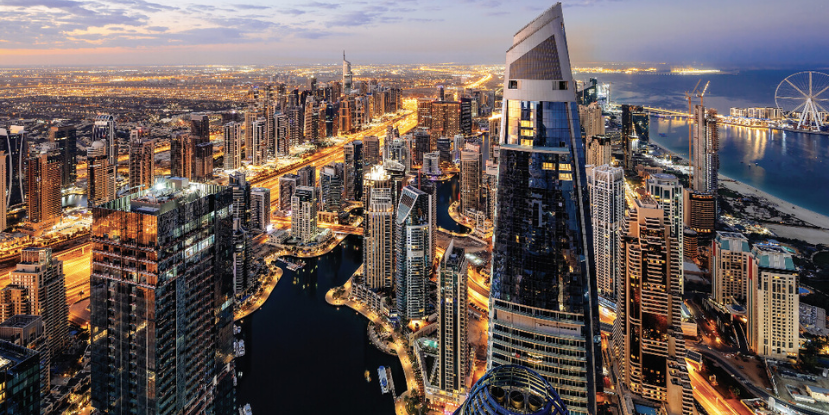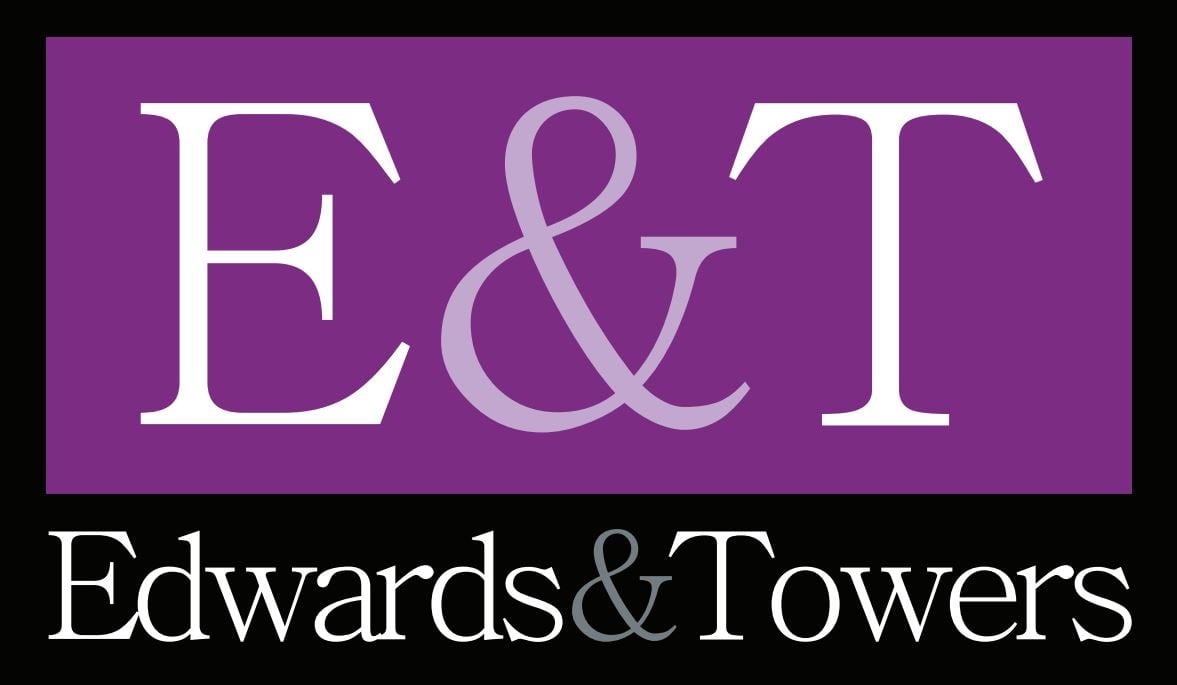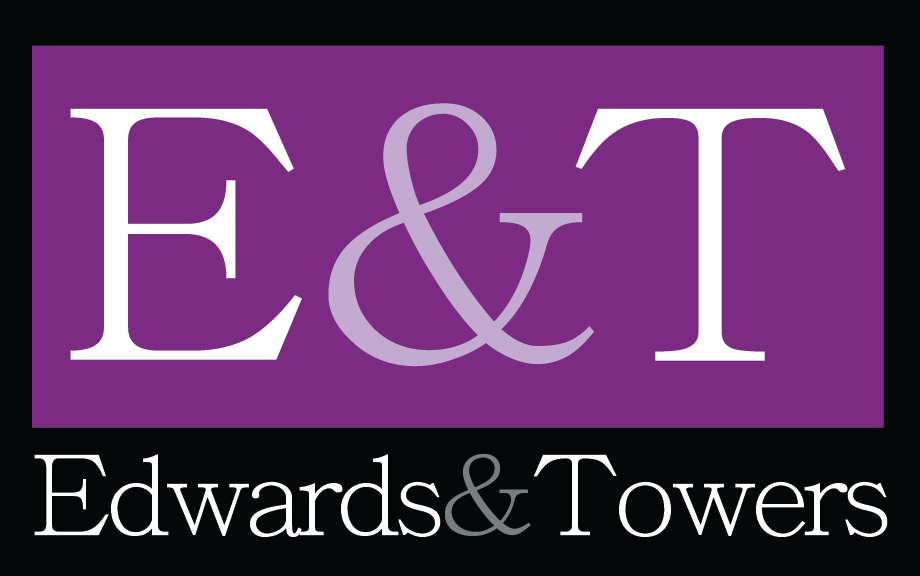As we close the books on Q3 2024, Dubai’s real estate sector continues to demonstrate remarkable growth and resilience, cementing its status as one of the most dynamic markets in the world. The quarter has been defined by rising demand, increased transaction volumes, and ongoing interest in both high-end luxury and affordable residential properties. Let’s dive into the key trends shaping Dubai's real estate market for Q3.
Strong Demand Across Sectors
The demand for property in Dubai remains robust, with both investors and end-users actively participating in the market. A key highlight of Q3 has been the sustained interest in luxury real estate, particularly in iconic areas such as Palm Jumeirah, Emirates Hills, and Dubai Hills Estate. High-net-worth individuals continue to seek out premium properties, contributing to price appreciation and a steady stream of high-value transactions.
At the same time, affordable housing options have seen consistent demand, driven by an influx of new residents and expatriates seeking value-for-money homes. Areas such as Jumeirah Village Circle (JVC) and Dubai South have benefited from this growing segment, with strong sales and leasing activity throughout the quarter.
Transaction Volumes and Property Prices
Q3 has witnessed a notable increase in transaction volumes, both in the off-plan and secondary market segments. Off-plan sales continue to thrive, fueled by attractive payment plans, developer incentives, and the opportunity to purchase properties in newly launched, sought-after developments. Buyers are increasingly drawn to off-plan projects as they look to secure prime units at favorable prices before completion.
In terms of property prices, Dubai has seen a steady rise across most areas, particularly in luxury and ultra-luxury sectors. High-end properties in areas like Palm Jumeirah and Downtown Dubai have seen significant price growth, as demand continues to outpace supply. Meanwhile, mid-range properties have shown more stability, with modest price increases in suburban areas like Dubai Sports City and Arabian Ranches.
Foreign Investment and Expo 2020 Legacy
Foreign investment remains a driving force in Dubai’s real estate market, with buyers from Europe, Asia, and the GCC continuing to view the city as a safe and lucrative destination for their capital. Dubai’s reputation as a global business hub, coupled with its tax-free status and lifestyle appeal, has contributed to sustained interest from international investors.
The legacy of Expo 2020 continues to positively influence the market as well, with areas such as Dubai South and nearby districts benefiting from increased infrastructure development and enhanced connectivity. These improvements are making Dubai even more attractive to long-term investors and residents alike.
Rental Market Trends
Dubai’s rental market remains competitive, with rents rising in line with property prices. Prime areas such as Downtown Dubai and Marina continue to command premium rents, while more affordable districts like Discovery Gardens and International City offer attractive options for tenants on a budget. The demand for short-term rentals has also picked up, as more tourists and business travelers seek flexible accommodations in the city.
Outlook for Q4 and Beyond
Looking ahead, Dubai’s real estate sector is expected to maintain its upward momentum through Q4 2024. With continued investment in infrastructure, a growing population, and ongoing interest from foreign investors, the market shows no signs of slowing down. Developers are likely to launch new projects to meet demand, particularly in the luxury and off-plan sectors.
For investors, Dubai remains a prime destination with promising returns, while end-users can benefit from a variety of property options across different price ranges. Overall, Q3 has been a strong quarter for Dubai real estate, and the positive trends are expected to carry forward into the final quarter of the year.


